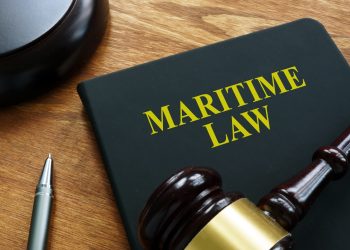The Cyprus Department of Merchant Shipping (DMS) today announced it has extended permission of the use of electronic oil record books (EORB) onboard Cyprus-flagged vessels.
Under MARPOL regulations, oil tankers of 150 gross tonnes or more are required to maintain Oil Record Book Parts I and II for cargo or ballast operations, while all ships of 400 gross tonnes or more are required to maintain Oil Record Book Part I for machinery space operations. Following MEPC 68, the IMO issued draft Guidance for the use of electronic record books under MARPOL (MEPC 68/9, annex 1).
According to the USCG, more than 100 vessels have been criminally prosecuted for oil-book violations in the United States over the past 10 years and incorrect or missing oil waste transfer records can result in severe penalties including criminal prosecution.
EORBs prevent oil record books from going missing onboard and mitigate the risks associated with discrepancies between oil record book entries and the actual capacity of the oily water separator, as well as false log entries. By enabling operators to accurately record ORB entries in an electronic format, EORBs help shipowners and crews mitigate the risk of costly delays, and penalties and fines that can run to millions of dollars.
Mr Ioannis Efstratiou, Acting Director, Cyprus DMS, commented: ‘The Cyprus flag is continuously providing shipowners with the knowledge and tools they need to ensure efficient and cost effective compliance with regulations. EORBs help to eliminate any unintentional human error that could expose shipowners to the risk of both crippling fines and criminal prosecution.
In addition, the country’s Tonnage Tax System (TTS) – the only tonnage tax scheme of an open registry in Europe to be approved by the European Commission – and inclusion on white lists, such as the Paris and Tokyo MOUs, also benefit owners.






























































